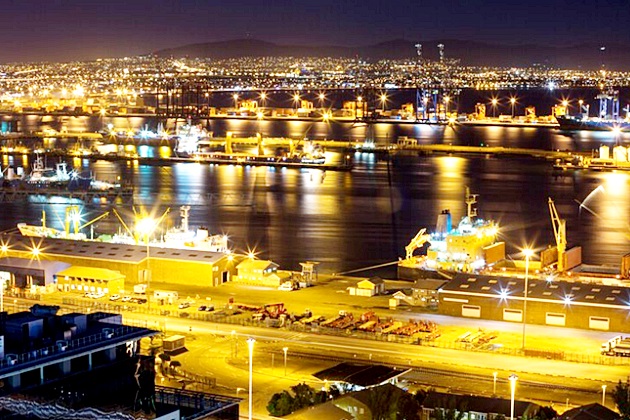935

Port of Constanța on the Black Sea in Romania has delivered a record 29.4 million metric tons of cereals in the first 10 months of this year, with supplies from Ukraine accounting for 40% of this, according to the port authority cited by Reuters, as reported by ESMagazine.
Cereal Transport
Ukraine is one of the world's largest exporters of cereals, and Constanța has become the primary alternative export route for Kiev since Russia invaded last year, with cereals arriving by road, rail, or barge across the Danube.
In the period from January to October, it transported 11.7 million tons of cereals through Constanța, up from 10.5 million at the end of September and from a total of 8.6 million in 2022.
However, Kiev's transit volume has declined in recent months as Russia has repeatedly targeted river ports across the Danube from the European Union and Romania, a NATO member. Meanwhile, border crossing points into Poland and Slovakia have been blocked by local truckers demanding restrictions on Ukrainian drivers.
Constanța's annual peak was just over 25 million tons. The data does not include volumes handled by smaller Romanian Danube ports.
A government source told Reuters that Constanța now has a logistical capacity of 40 million tons of cereals per year.
Transit Capacity
The Romanian government has stated that it intends to double the monthly transit capacity for Ukrainian cereals to 4 million tons in the coming months, with infrastructure investments underway both in Constanța and on the Danube.
Port operators have also invested in equipment to increase loading speeds.
Ukrainian cereals are competing for space in Constanța, which traditionally handles exports of crops from Romania and landlocked neighbors, including Hungary and Serbia.
Earlier this week, the United Nations warned that Ukraine's wheat production could struggle to meet domestic and export demand in the coming years if Black Sea export routes remain blocked and attacks on food infrastructure continue.




